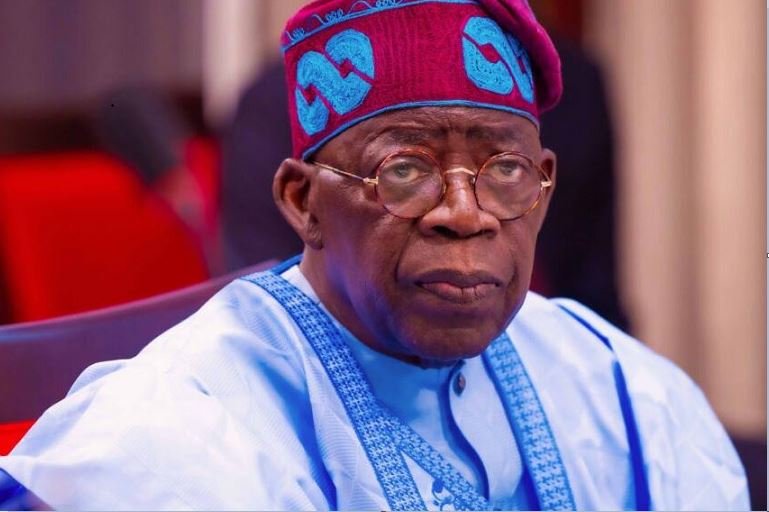News
Tinubu to impose telecom tax to secure $750m World Bank loan

The Bola Tinubu administration has drafted a plan to reintroduce the previously suspended telecommunications tax and other revenue-generating measures to secure a $750 million World Bank loan.
This is in accordance with the recent Stakeholder Engagement Plan for Nigeria: Accelerating Resource Mobilisation Reforms programme between Nigeria and the World Bank.
The World Bank’s website revealed that the Nigerian government may reintroduce telecom taxes, electronic money transaction levies, and other fiscal measures.
The Washington-based World Bank’s contribution of $750 million constitutes a significant portion of the programme’s budget, and the government is expected to contribute $1.17 billion through the annual dget. Nigeria requested the loan in 2021, but it was previously stopped.
“Domestic Revenue Mobilisation drive in the government ARMOR program seeks to increase revenue on some targeted industries and sectors of the economy. Specific groups and agencies within affected sectors include the Association of Licensed Telecom Operators of Nigeria. The imposition of an excise on telecom services necessitates the full participation of all telcos in the collection of this revenue.
“Committee of Bankers: Introduction of the EMT levy on electronic money transfers through the Nigerian Banking System would need the buy-in of all banking institutions,” the document partly reads.
The development follows Bola Tinubu’s order in July 2023 to suspend the five percent excise duty on telecommunications and the import tax adjustment levy on certain vehicles.
Recall that the Nigerian government applied for the $750 million loan in 2021 to improve the government’s financial position by enhancing its capacity to manage and mobilise domestic resources effectively, which includes improving tax and customs compliance and protecting oil revenues.
Manufacturers of goods such as alcoholic beverages, tobacco products, sugar-sweetened beverages, telecom and banking service providers, the general tax-paying public, importers, and international traders are all affected.
Related

-

 Politics6 days ago
Politics6 days agoWhen governors’ immunity becomes license for impunity, abuse
-

 Politics7 days ago
Politics7 days agoNNPP crisis: Party’ll emerge stronger
-

 Business6 days ago
Business6 days agoAustralia to set limits on new international student enrollments for universities
-

 News5 days ago
News5 days agoMan absconds, leaves lady after ordering N65,000 drink at strip club
-

 News5 days ago
News5 days agoAsari Dokubo berates Wike for ‘playing god’ in the Rivers crisis
-

 News6 days ago
News6 days agoFubara appoints Dagogo Iboroma as Attorney General of Rivers
-

 News5 days ago
News5 days agoTinubu is secretly fueling Rivers crisis to his advantage
-

 Business6 days ago
Business6 days agoUK fears a £108 billion decline to creative sector as int’l student numbers reduce





